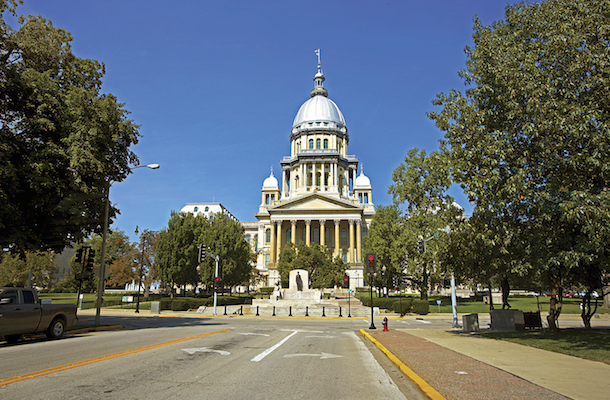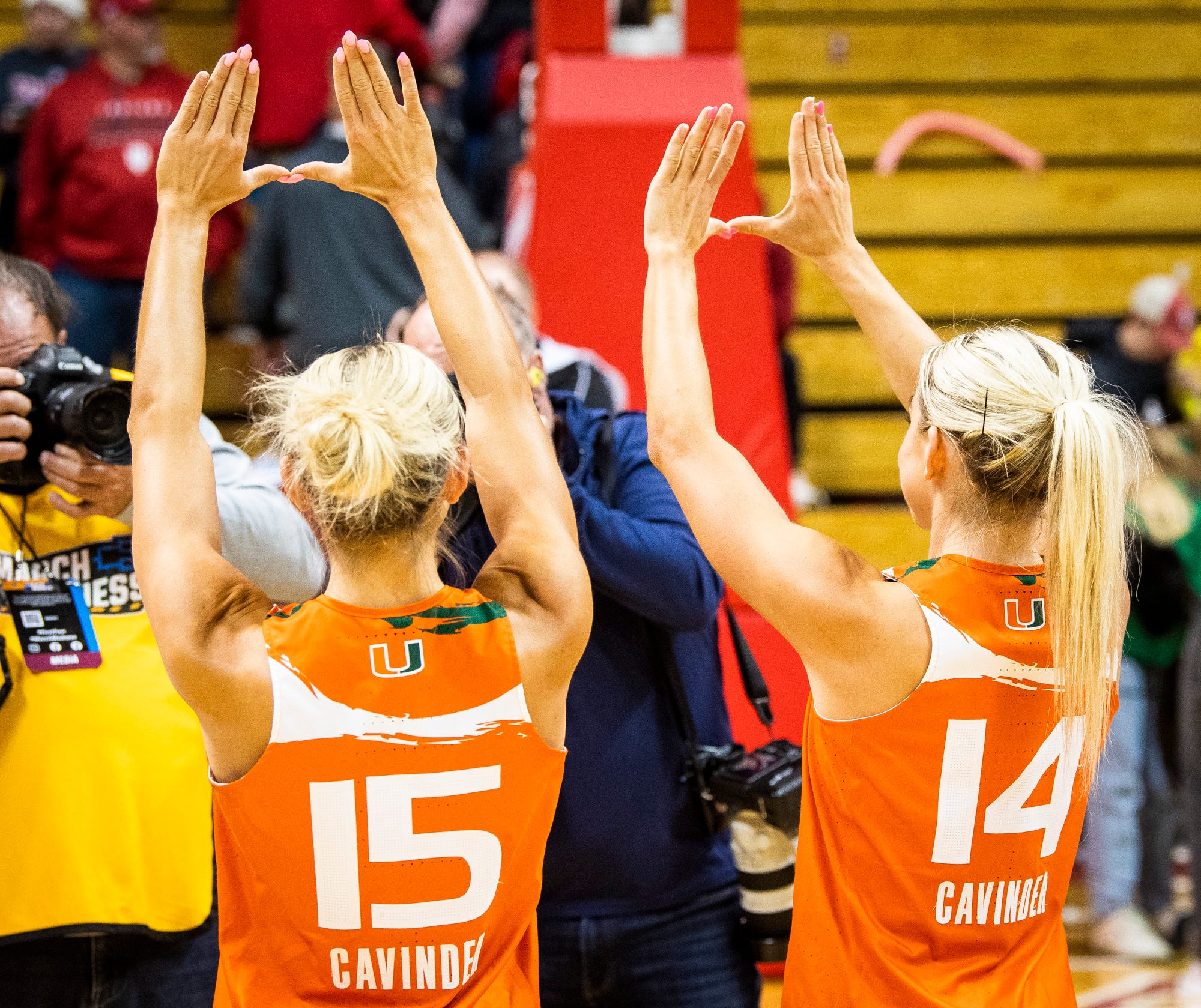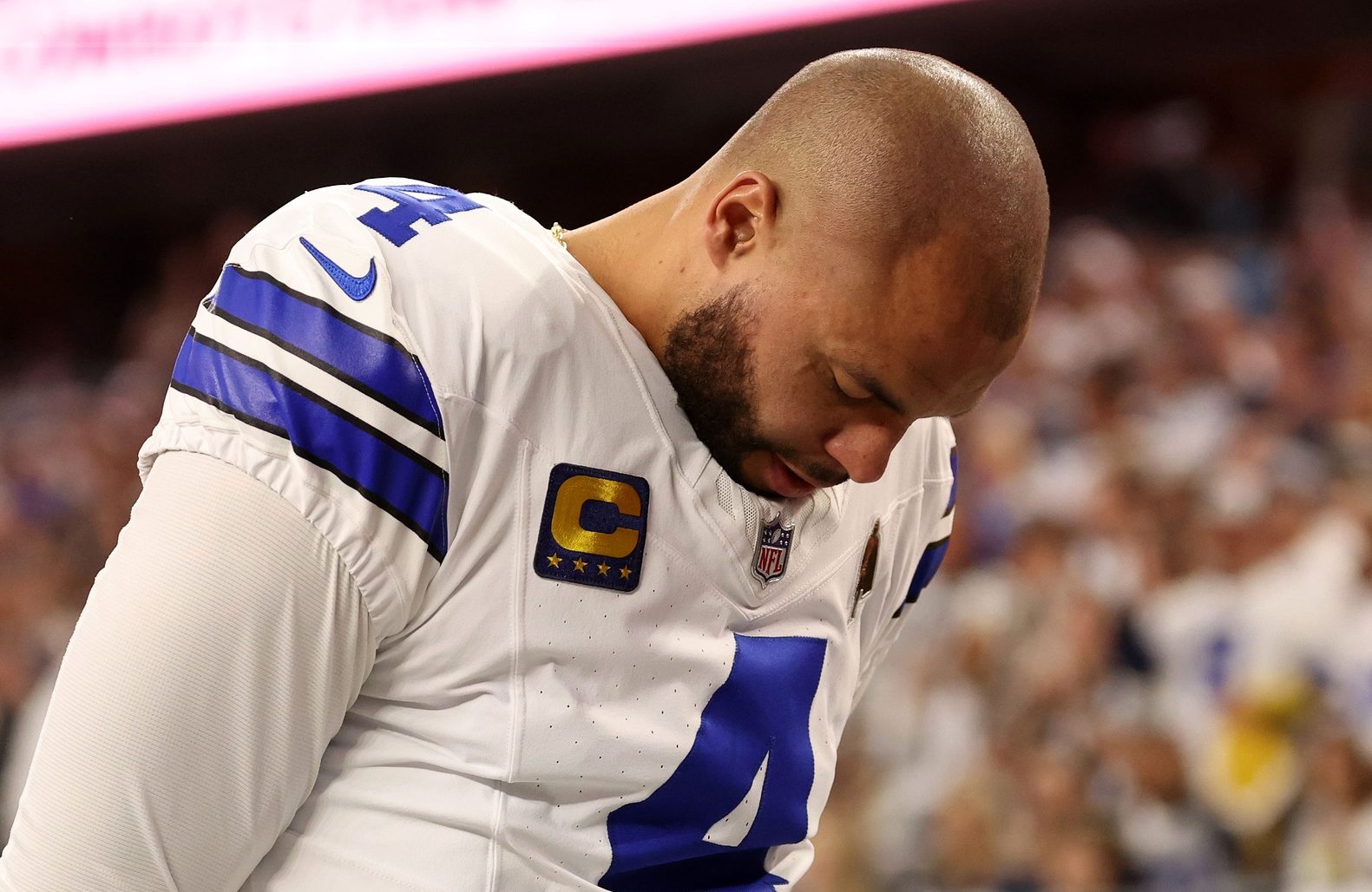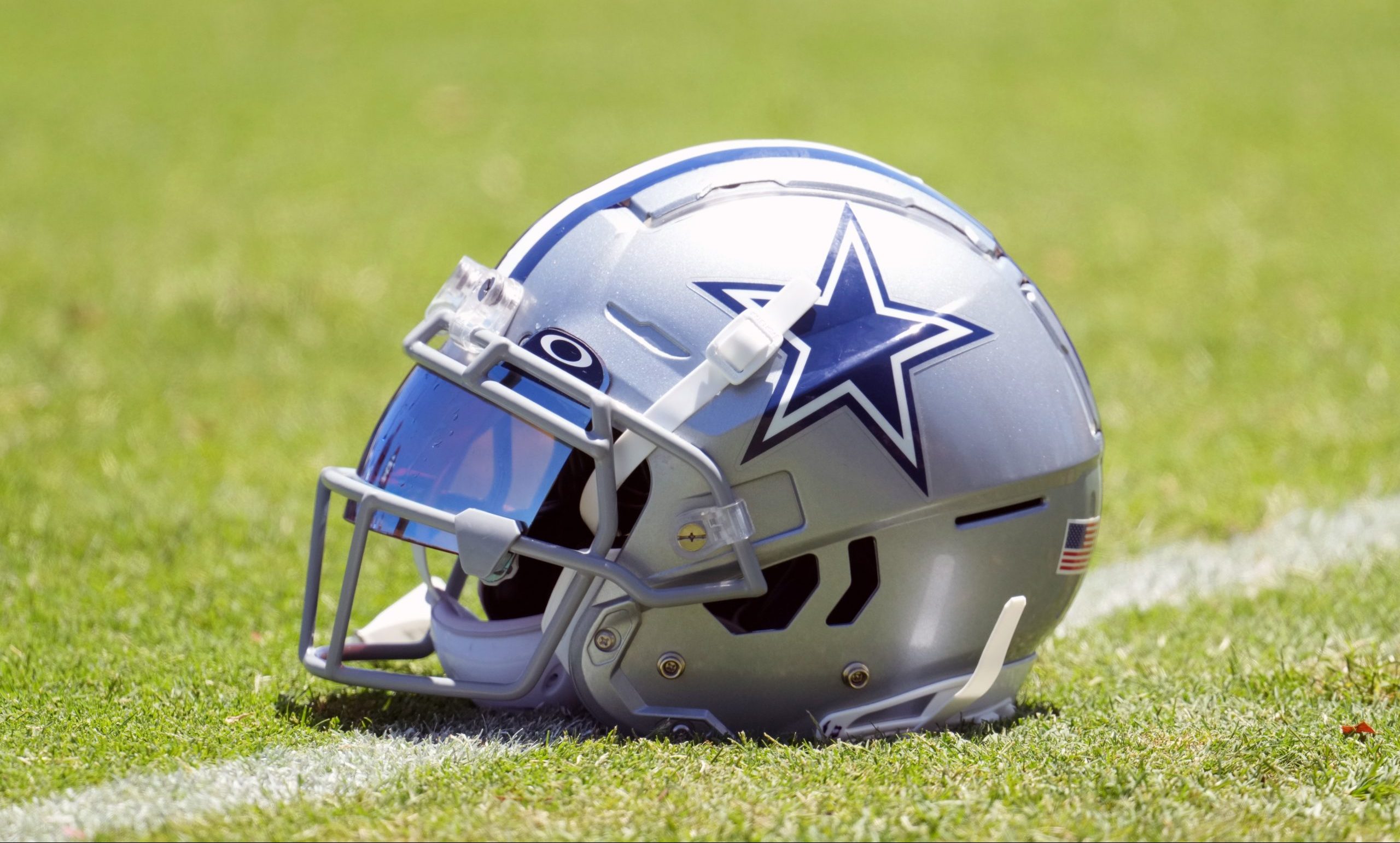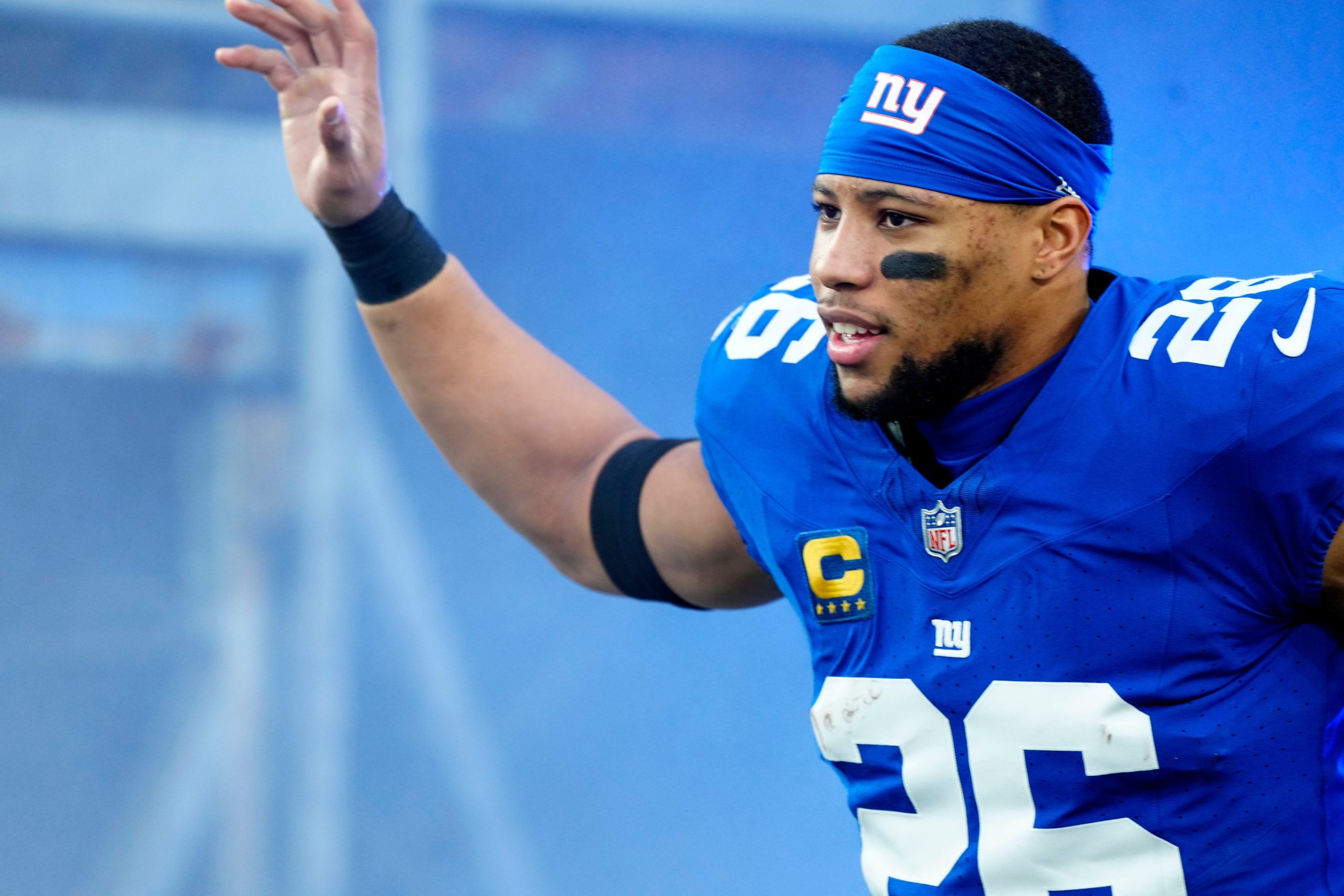In May 2018, the Supreme Court of the United States has stricken down the Professional and Amateur Sports Protection Act of 2002. This meant that sports betting is no longer federally illegal. It’s up to the local government of each state to decide whether they’d like to regulate sports betting or not within their territories.
Not long after this happened, many states have already decided to legalize sports betting locally. Some of the states that have already passed a bill regarding this are New Jersey, New York, West Virginia, Delaware, and Illinois.
Currently, there are already 13 states that have moved towards legalizing and regulating sports betting locally. One of the most-awaited sports betting launches right now is for the state of Illinois.
It was only in June of this year when the state has finally signed a bill about legalizing sports betting. It was Governor J.B Pritzer who signed the bill after an extended session of a general assembly. However, the Prairie state seems to be taking its time when it comes to officially launching it.
The state took the time to ask its locals about this decision as well. During the comment period that happened in September, many expressed their frustration with how the state is taking too long to launch the local operations of sports betting.
There are also some people who expressed their unhappiness regarding the matter. However, since the bill is already signed, some just really hope that the athletes and the local bettors will be well-protected by the regulations.
The MLB’s Chicago Cubs and White Sox, and other NFL sports teams the Bears, and NBA’S Chicago Bulls are all for advocating the launch of local sports betting as well. These teams have all been active supporters of this even before a bill was signed by the governor.
The most recent update about the launch of this is Illinois is that licensing will finally start this December. However, not all big operators can apply for this just yet. Big sportsbooks like FanDuel and DrafKings will first have to wait for 18 months before they can apply for a license.
The application for a license to operate a sports book in this state doesn’t come cheap as operators will be requested to pay a 10-million-dollar fee to get it. This fee is only applicable to land casinos, race tracks, and arenas. This fee will make sure that these businesses will be protected from online sports betting giants like FanDuel for 18 months.
The license fee for online and mobile bookies like DraftKings and FanDuel will cost more. A staggering amount of 20 million US dollars is required to be paid by these company giants.
This is to make sure that the local already existing casinos will have a leg up in the business competition. There is still no exact date as to when sports betting will be officially launched in Illinois, but it should be some time in 2020. Many are hoping that it will be in the first quarter of next year, but it’s unlikely that it will be ready just in time for the Superbowl in February.
Based on a study conducted, when launched early next year, Illinois sports betting revenues could range from 2.8 billion to around 5 billion US dollars. When this happens, Illinois will then be able to beat the revenues that Nevada is making when it comes to sports wagering.
Nevada is already earning around 5.5 billion US dollars of revenue when it comes to sports betting. The statistics released by the firm Global Market Advisers project that Illinois should be earning around the same amount by 2023. This simply means that it’s possible that the Prairie state will be the next mecca for sports betting.
The Camelot Lottery Solutions has reported that there are about 450,000 locals from Illinois who are looking forward to placing their bets locally. Camelot also estimates that there are 27,000 more people who are placing bets in the black market. Local operations may help avoid these bets.
In the meantime, while sports betting isn’t locally launched just yet in this state, the locals still continue to place their bets on bookies outside Illinois. This is mainly why the state felt the need to legalize sports betting operations locally in the first place.
There are just really many locals who are still wagering outside the US and the state and Illinois have been missing out on this.

